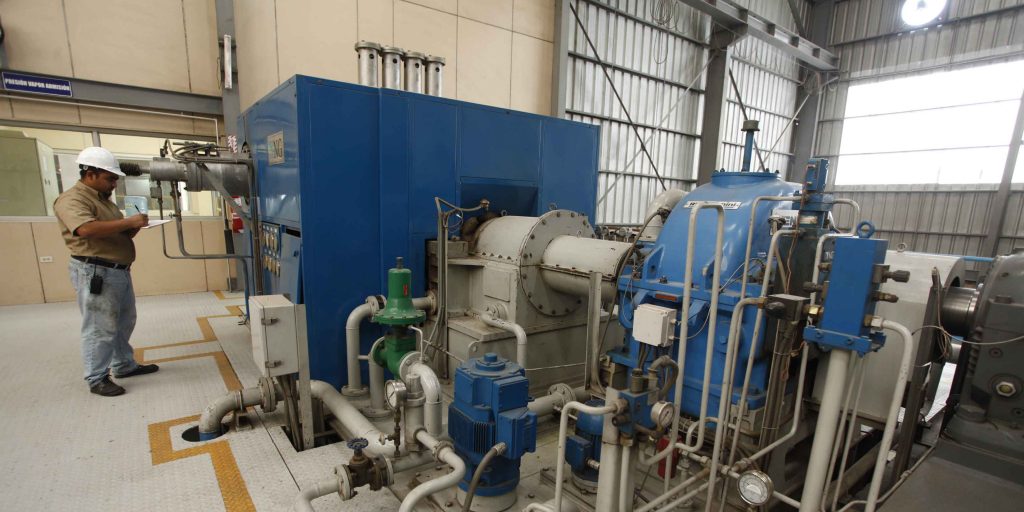7th August 2020

Compañía Azucarera Hondureña, S.A (CAHSA) is in Villanueva, Cortes, Honduras and is the second mill in Honduras to achieve Bonsucro certification.
The mill operates on a large scale and has a grinding capacity of 14,000 metric tons per day. CAHSA has been running for 82 years and has been a pioneer in the sugarcane industry in Honduras. And, the organisation has a vision to stay at the forefront of the industry.
CAHSA has a mission to create value in a sustainable way for all. The team believes that to achieve sustainability, a systematic and streamlined approach is needed for the production process. Sergio Salinas, the General Manager at CAHSA, said “We believe Bonsucro, with its quantifiable criteria and measurable objectives also with its multi stakeholders’ network, is the platform that will help us conquer this challenge.”
In order to achieve certification, CAHSA had to make a few changes to improve its environmental performance. For example, the Bonsucro Calculator sets out the maximum amount of agrochemicals that can be used. To comply with this, CAHSA has reduced the chemicals in use which has helped to improve the quality of the soil and reduce costs. In addition, health and safety management systems have been created for the team to use.
The mill said that the Bonsucro certification has made a positive impact in its culture because it has acquired the best sustainable agricultural practices – which add value the business. All the practices were developed to consider the environmental criteria alongside a cost-effective approach.
Looking ahead, CAHSA plans to expand the area of sustainable farms that are certified under the Bonsucro Production Standard. The plan is to strengthen the internal company culture around sustainability. Roger Mondragon, the Corporate Management Director, said, “It is not only about achieving a certification, but also that we must share with our staff why and how we achieved it, and what we must do to maintain it.”





